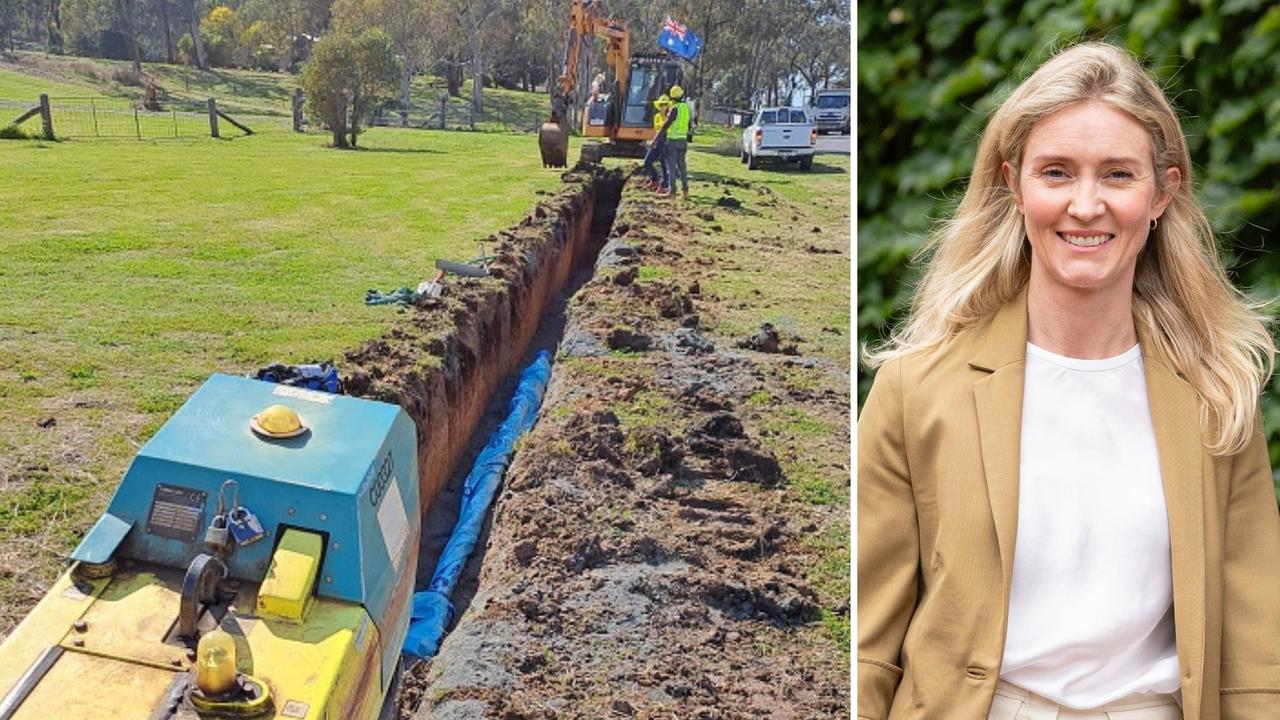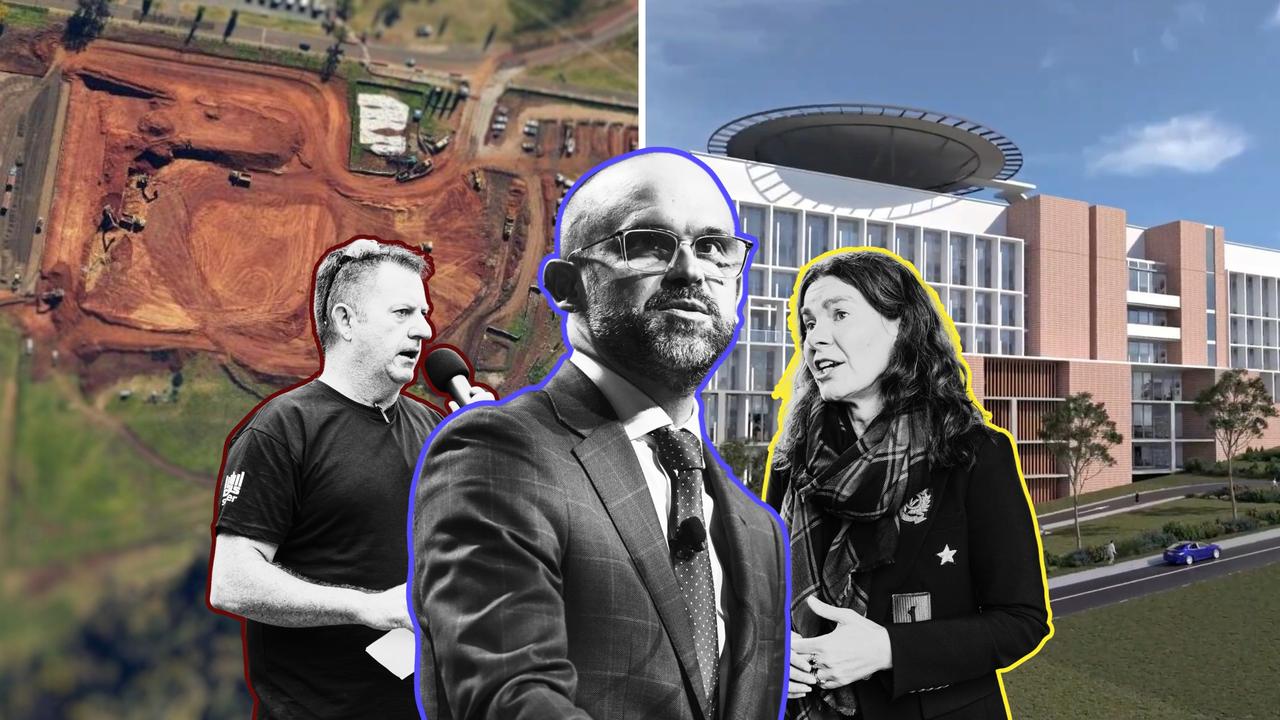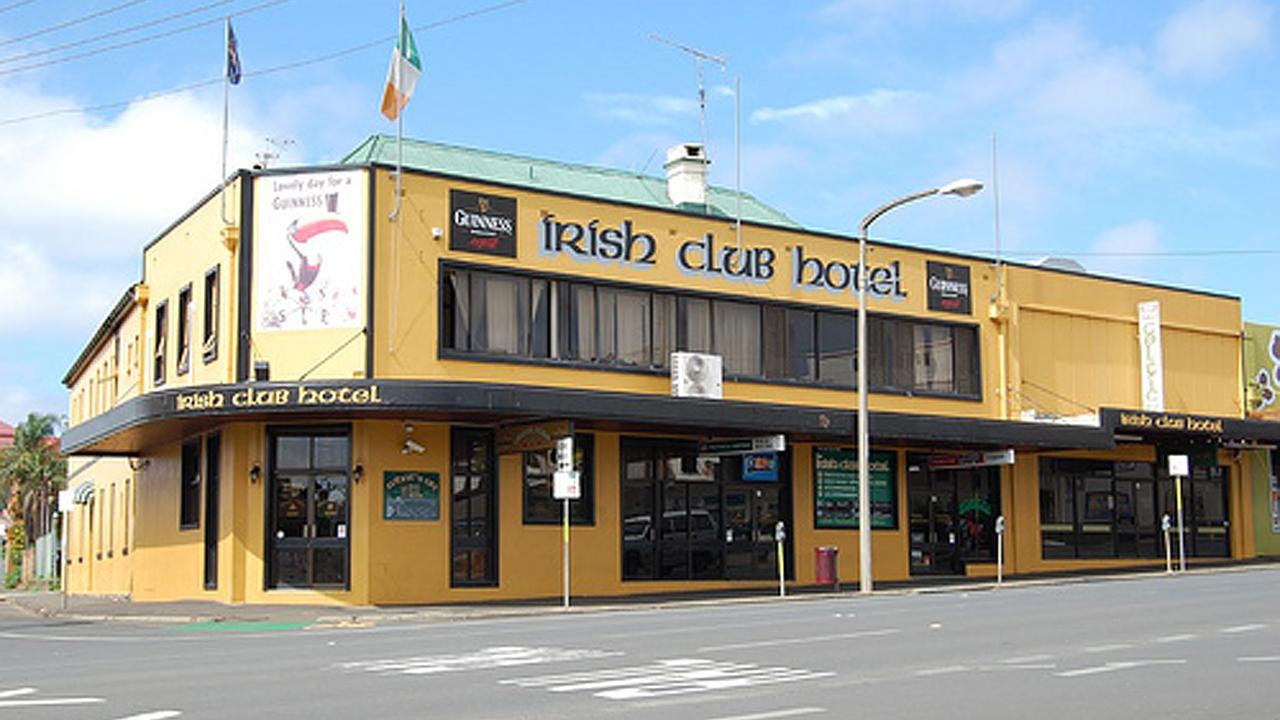Units vs. houses: What’s being approved in the Garden City
While latest statistics show “business as usual” for Darling Downs building approvals, only a few approvals for one type of housing could spell complications in the future. Have your say:
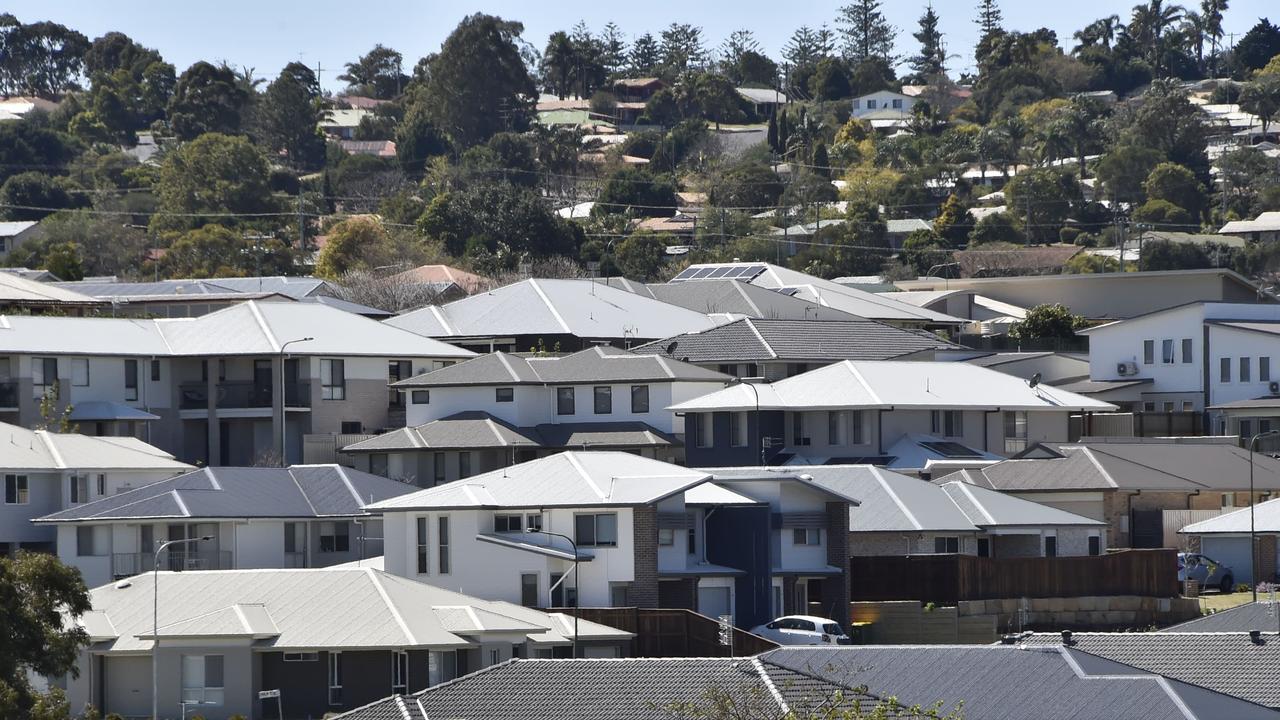
Development
Don't miss out on the headlines from Development. Followed categories will be added to My News.
Recently released building approval data show it’s “business as usual” within the Darling Downs, but a drop in the city’s unit approvals could spell trouble in the future.
It comes as Toowoomba Regional Council calls for community consultation on its housing needs into the future.
Queensland is currently some 3000 homes off meeting its annual National Housing Accord this year, a target set by the federal government in 2022 to address the country’s housing shortage.
So far the latest ABS statistics on building approvals show a positive trend with Darling Downs increasing by six per cent overall from last year, but down 19.4 per cent in the last quarter.
The almost 20 per cent change in the last quarter was due to only one unit being approved in September, data from the Toowoomba Regional Council showed.
Within the July to September 2024 quarter only 9 units were approved alongside 182 houses.
A lack of units could spell problems into the future, according to Master Builders regional manager Linda Rosengreen.
Once work on the Toowoomba Hospital started there would be a need for temporary accommodation to house the workers, and this would put more stress on affordable rentals, she said.
Toowoomba’s rental vacancy rate remains at a tight 0.6 per cent, and according to real estate experts, is not expected to ease anytime soon.
Units also offer a “foot in the door” for young people looking at affordable housing, Ms Rosengreen said.
“Units are under high demand to buy at the moment, but the only reason for that is the price,” she said.
Ms Rosengreen added that turning large old lots with a one house and a backyard into a block of units could also be disruptive for long-term neighbourhood residents.
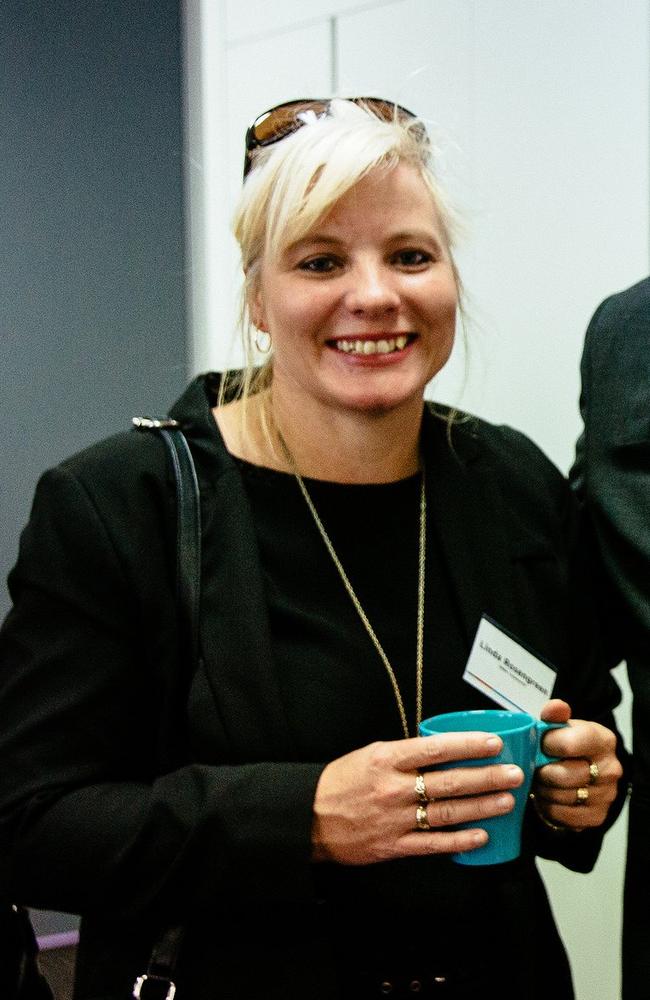
“We’ve had this flurry of activity over the last couple of years and now it’s business as usual and we’re back to a balanced amount of builds happening,” Ms Rosengreen said.
The industry had taken a real hammering in the last couple of years as incentives to build homes coincided with pandemic delays and prices jumping up, she said.
Despite this, Toowoomba was lucky to have a diverse range of economic drivers and industries, rather than being reliant on a one or two sectors of growth, Ms Rosengreen said.
She said the last year had seen this stabilise, particularly as TRC opened up more land supply to residential lots and pushed approvals through faster.
To have your say on what type of housing the region needs head to yoursay.tr.qld.gov.au.





